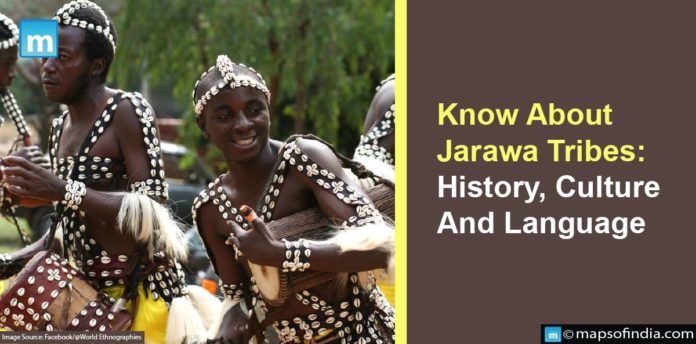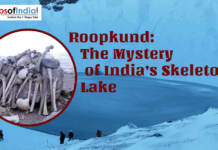The Jarawa are an indigenous Bay of Bengal tribe that lives on the Andaman Islands. They are one of the world’s oldest surviving tribes, having been on the islands for at least 27,000 years. The Jarawa are mostly hunter-gatherers who eat wild pigs, fish, and fruits and vegetables. They can also fish and collect honey.
The Jarawa live in nomadic bands of 40-50 individuals. They create their dwellings, known as chhappas, in the jungle and relocate every few months. The Jarawa are a fairly egalitarian culture with no clear hierarchy or leadership system. Consensus is used to make decisions, and everyone is involved in the day-to-day operations of the camp. The Jarawa have a rich cultural and historical legacy. They have sophisticated beliefs and customs and speak their language, Jarawa. The Jarawa are also excellent musicians and dancers.
History
For most of their existence, the Jarawa have had minimal contact with the outside world. The Andaman Islands were first inhabited by people some 50,000 years ago, but when the Jarawa came is unknown. Although Europeans initially visited the islands in the 16th century, the Jarawa remained isolated until the 19th century.
The British colonial authority founded a settlement on the Andaman Islands in 1858. The British attempted to contact the Jarawa but were met with hostility. The Jarawa carried out raids on British towns, killing numerous British soldiers. The British began to develop roads and towns in Jarawa territory in the early twentieth century. This heightened tensions between the Jarawa and the British. The Jarawa also began to suffer from diseases introduced by the British, such as malaria and measles. The Jarawa were designated as a “Primitive Tribal Group” (PTG) by the Indian government in 1974. This provided them with unique legal protection under Indian law. Outsiders, including settlers, poachers, and tourists, continued to attack Jarawa territory. The Jarawa established their first peaceful contact with the outside world in 1998. A band of Jarawa men came from the woods and approached a road worker. The Jarawa were originally hesitant to accept gifts, but they ultimately accepted.
Culture and Tradition
The Jarawa have a vibrant and diverse culture. They have a sophisticated system of beliefs and customs and are superb dancers and musicians. The Jarawa worship a supreme entity known as Puluga. They also believe in ghosts and spirits. The Jarawa have several taboos and rituals to keep humans and the natural world peaceful. The Jarawa are a fairly egalitarian culture with no clear hierarchy or leadership system. Consensus is used to make decisions, and everyone is involved in the day-to-day operations of the camp. The Jarawa live in nomadic bands of 40-50 individuals. They create their dwellings, known as chhappas, in the jungle and relocate every few months.
Language
Jarawa is the language of the Jarawa. Jarawa is an Austroasiatic language spoken by various indigenous peoples in the Andaman and Nicobar Islands. Jarawa is a language with a large vocabulary and grammar. The Jarawa speak various dialects that alter depending on where they dwell.




